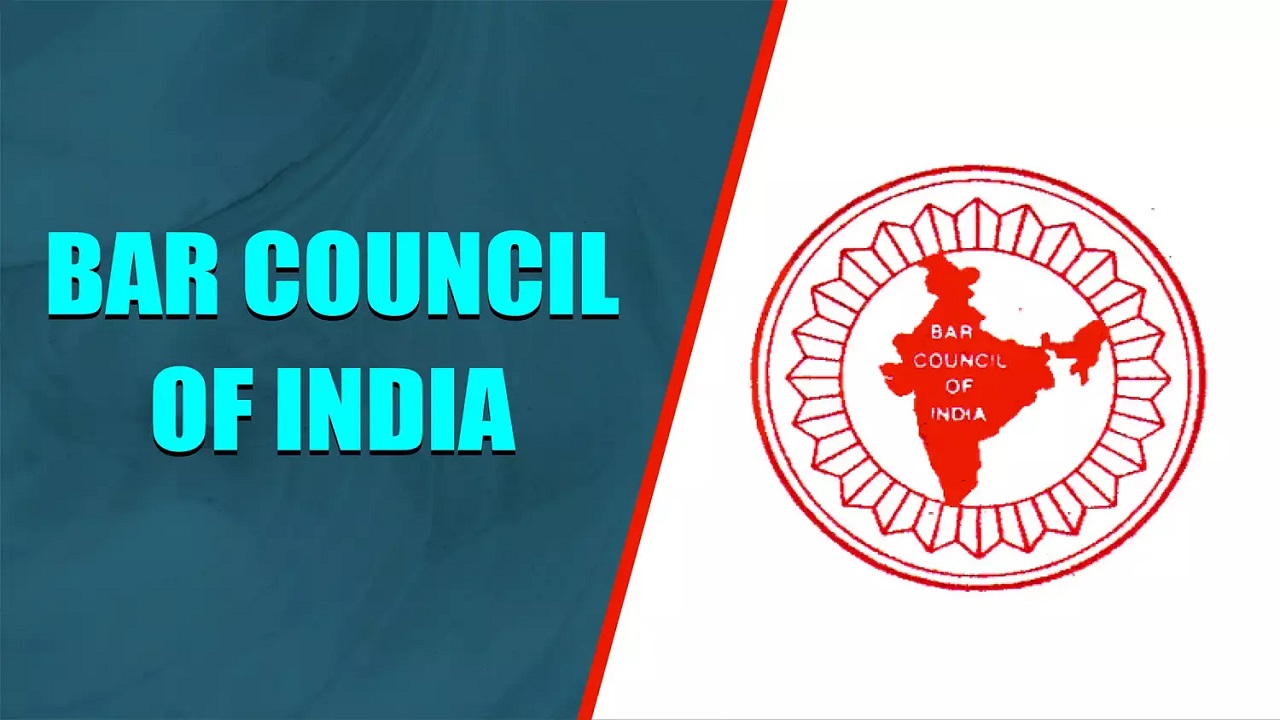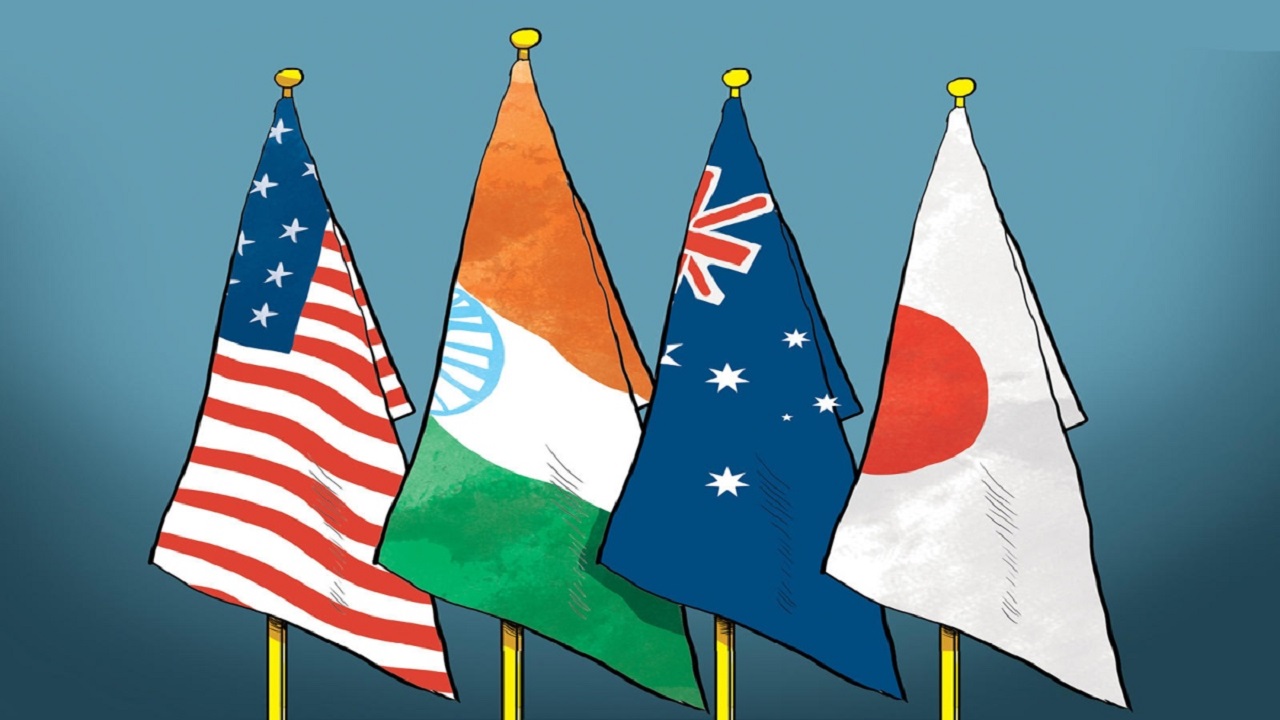Bar Council’s Policy Shift: Entry of Foreign Lawyers in India
Context:
In a landmark development, Chief Justice of India B.R. Gavai has praised the Bar Council of India’s (BCI) decision to amend its rules to allow foreign lawyers and law firms to advise on foreign law, international law, and arbitration matters in India. This move comes in the backdrop of India’s growing ambitions to emerge as a global arbitration hub and to integrate its legal sector with international best practices.
About the BCI Decision
-
The Bar Council of India (BCI) has amended its 2022 rules to permit:
-
Foreign law firms and lawyers to practice foreign law and international law
-
Participation in international arbitration proceedings within Indian territory
-
-
Restrictions Imposed:
-
Foreign lawyers cannot appear before Indian courts, tribunals, or practice Indian law.
-
Their entry is limited to non-litigious matters only.
-
Need for the Decision
-
To Enhance Quality of Arbitration in India:
-
India needs international expertise to meet global arbitration standards.
-
India ranks 5th globally in arbitration case volume (as per ICC Report 2024).
-
-
Promoting Global Integration of Legal Services:
-
Provides reciprocal access to Indian lawyers in foreign jurisdictions.
-
Encourages cross-border practice and global collaboration.
-
-
Strengthening Institutional Arbitration Mechanisms:
-
Institutions like:
-
MCIA – Mumbai Centre for International Arbitration
-
DIAC – Delhi International Arbitration Centre
-
IIAC – India International Arbitration Centre (New Delhi)
-
-
Need foreign participation to increase credibility and caseloads.
-
-
Bridging Talent Gaps in Emerging Legal Fields:
-
Collaboration is needed in niche domains like:
-
Climate litigation
-
Technology law
-
Commercial arbitration
-
-
Challenges in Implementation
-
Protectionism and Fear of Market Loss:
-
Indian lawyers fear losing elite advisory and consultancy roles.
-
-
Reciprocity and Regulatory Oversight Issues:
-
Enabling Indian law firms to operate abroad may be difficult due to strict foreign regulations.
-
Enforcing reciprocity will require strong international legal diplomacy.
-
-
Unequal Competition:
-
Foreign firms may enjoy advantages like:
-
Higher capital
-
Global clientele
-
Advanced legal technology
-
-
-
Ensuring Compliance with Non-Litigious Limits:
-
The BCI must ensure that foreign entities operate strictly within the permitted scope.
-
Requires robust regulatory mechanisms.
-
Significance of Allowing Foreign Lawyers
-
Boosts India’s Global Arbitration Vision:
-
As noted by CJI Gavai, the move aligns with India’s goal to become a global hub for arbitration, particularly in sectors like infrastructure and trade.
-
-
Strengthens Bilateral Legal Relations:
-
Announced at the Indo-UK Arbitration Conference, enhancing India–UK legal cooperation.
-
-
Modernizes Indian Legal System:
-
Encourages adoption of global legal standards, technology, and professional excellence.
-
-
Preserves Legal Sovereignty:
-
Foreign lawyers are not allowed to practice Indian law, thus upholding the Advocates Act, 1961.
-
-
Opens Global Opportunities for Indian Lawyers:
-
Indian lawyers may now practice foreign law abroad (under reciprocity) without surrendering their Indian licenses.
-
Conclusion
The controlled and well-regulated entry of foreign lawyers represents a progressive shift in India’s legal policy. It seeks to balance the goals of globalization with the protection of domestic legal interests. If implemented with clarity, reciprocity, and strong oversight, this reform can significantly enhance India’s standing in international arbitration and modernize its legal consultancy framework.




Comments (0)